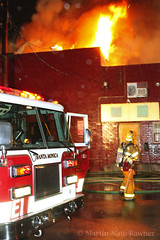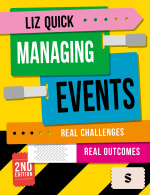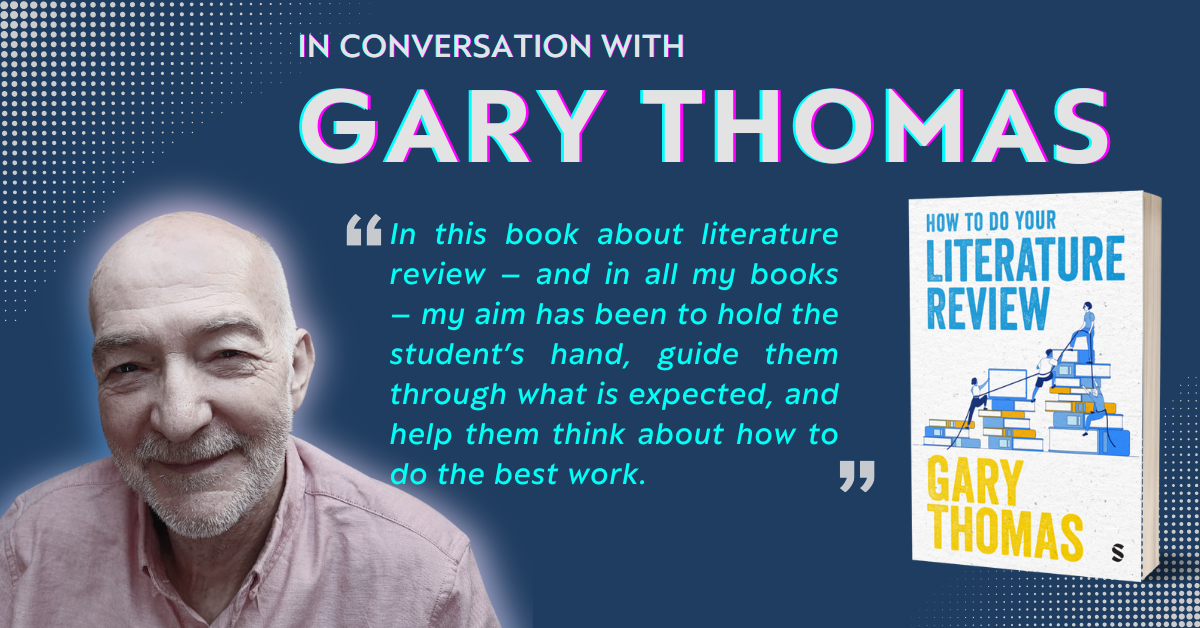Preparing for the launch of the new edition of my textbook: Managing Events: Real Challenges, Real Outcomes I have been reflecting on key changes that have taken place in the events industry since the launch date of the first edition five years ago in March 2020, which rather unfortunately coincided with the outbreak of the Covid Pandemic. Since then, there have been many significant changes, not least in the areas of Security, Terrorism and Health and Safety.
Security has become a significant issue, with risk assessment and the need for Security Industry Authority (SIA) training now taking on far greater importance. The new edition discusses event security using the lens of the eventual opening of the Coop Live Music Venue in Manchester in April 2024, after numerous aborted attempts. It is hardly surprising that safety and security became a top priority for this venue in the months leading up to its public launch, in light of the previous security failings outlined at the public inquiry on the mass terrorism attack at the Ariana Grande concert at the Manchester Arena in May 2017, where 22 people were killed by a suicide bomber.

Following the tough pandemic years, the industry started to hear many amazing heroic stories of winners and losers, some of which are featured in the new edition of the book. In a section in chapter 7, for example, we read how K4 Security Groups’ Commercial Operations Director Arsalan Khan went from losing £800K of security business as a result of the pandemic in 2020, to billing out over £1 million revenue monthly, through having the courage, acumen and flexibility to transfer his existing business from event security to COVID marshalling for a major retail store during this time.
In contrast, the book also presents a case study on the last-minute venue changes that were required when Ukraine won the Eurovision Song Contest in 2022 but were unable to host the competition the following year, due to the ongoing war with Russia. As runners-up in the contest, the UK agreed to take over the hosting of the event, and the city of Liverpool had only seven months to plan and organise this prestigious major international event.
Health and Safety has also taken on renewed significance post-COVID, as can be demonstrated in Chapter 4. In this case study, Dr Chris Howes CEO and Founder of Festival Medical Services (FMS) talks about how Glastonbury festival substantially reviewed their Health and Safety medical requirements when the festival returned in June 2021. A different section of the book also reflects this theme, with a case study on health and safety issues at the World Scout Jamboree in Seoul, South Korea. At this event many countries were forced to fly their scout delegations home early, due to fears of safety issues from rubbish built up, unsanitary conditions and severe heat and drainage problems. With an increasing number of attendees falling ill and the event at risk of being an international disgrace, the organising committee and the local government scrambled to respond to the complaints, whilst acting on direct orders from President Yoon Suk Yeol. South Korea’s central government performed emergency damage control by allocating an extra 6.9 billion won ($5.3 million equivalent) in reserve funds for emergency assistance.

I feel sure the emergence of previously unchartered destinations; extreme political regimes; and the impact of recent global wars and terrorism will continue to impact the events industry in future years, potentially on an even greater scale. Moreover, the need for more robust risk assessment and compliance will become even more important, as event professionals take on more responsibility for the safety and welfare of their attendees. It has become vital to heed these measures, or else risk tarnishing their brand reputations. Even worse failure to meet the required health and safety standards could result in costly lawsuits, damaging litigation, fines and even criminal charges for any event organisation.
Order your inspection copy of Managing Events now
 | Book Details
Managing Events: Real Challenges, Real Outcomes |








